Eric Golnick, former Naval officer (pictured above), didn’t realize he had a substance use problem. He thought he was doing well handling his inner thoughts and feelings in ways nobody would notice.
However, many of his behaviors were symptoms of the trauma he experienced while serving in the Navy. One situation that deeply affected him was when a sailor he knew died by suicide. His trauma was compounded by the death and destruction he witnessed while participating in various military disaster relief operations.
When Golnick finally had enough, he decided to reach out to VA for medical and education assistance.
Once he was able to regain his life, he discovered his new passion and purpose. He co-founded VFR (Veteran and First Responder) Healthcare, whose mission is to improve Veterans’ mental health and well-being using evidence-based treatments.
VA partnered with VFR Healthcare in 2018 to expand care within Veteran communities and support the goal of increasing public-private partnerships delineated in the National Strategy for Preventing Veteran Suicide.
Services available via telemedicine
During the pandemic, VFR has expanded services to include telemedicine for Veterans and first responders, their families and health care workers on the front lines. In partnership with the VA and the Community Care Network, VFR provides intensive outpatient care for both mental health and substance use to Veterans unable to access services through VA.
VFR’s clinical staff are Veterans or family members themselves who have undergone substantial cultural competence training. VFR ensures Veterans get into treatment within 24 hours. The services they provide Veterans, family members and caretakers include:
- Intensive outpatient group therapy for substance use concerns.
- Intensive outpatient group therapy for mental health issues (PTSD/trauma focus).
- General outpatient treatment substance use and mental health concerns.
- Solution-focused, brief treatment for Veterans, service members and family members who are on the front lines of the COVID-19 pandemic.
- In close coordination with VA, medication for the treatment of opioid use disorder and alcohol use disorder.
Telehealth therapy is available for any of the above-mentioned treatments.
Tired of losing our friends
With the help of his best friend, Golnick put his naval training to good use. He identified critical service delivery gaps in community long-term treatment for co-occurring disorders (mental health and substance use treatment).
Alcohol and/or substance misuse increases your risk for suicide. In his words, “We were tired of losing more of our friends to substance use and suicide than we ever did overseas.”
“Together, with our strong partnership with VA, we have helped hundreds of Veterans and their families in multiple states. We made it a point to hire Veterans, family members and culturally competent clinical staff that have been through what we have been through and have worn the same boots.
“We make it a point to help address underserved populations, such as women and LGBTQ Veterans, Veteran and military family members and Veterans with any discharge status,” he said.
Veterans and their loved ones in crisis or having thoughts of suicide should call the Veterans Crisis Line for confidential support 24 hours a day and 365 days a year. VCL is also for those who know a Veteran in crisis.
Call 800-273-8255 and press 1, chat online at VeteransCrisisLine.net/Chat, or text 838255.
For more information about substance use treatment services with VA visit https://www.mentalhealth.va.gov/substance-abuse/index.asp.
Information about VFR Healthcare.
Clairmont Barnes is the associate director of Partnerships and Community Relations for the VA Office of Mental Health and Suicide Prevention.
Topics in this story
More Stories
When asked if he's a hero, 100-year-old WWII Navy Veteran Emerson Pell gave a short, modest response: “I was just a normal guy.”
A member of the Care Transition Clinic got to demonstrate his I CARE values for an Army Veteran.
When a Veteran explained a diabetic health issue to staff, they scheduled an immediate medical appointment.

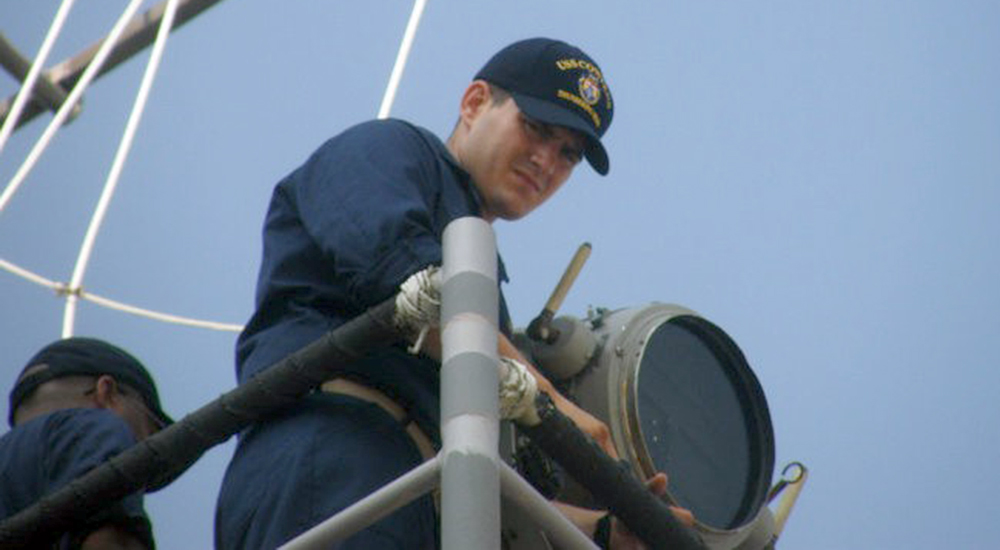
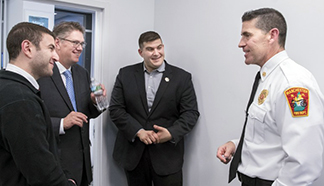
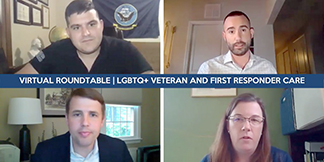
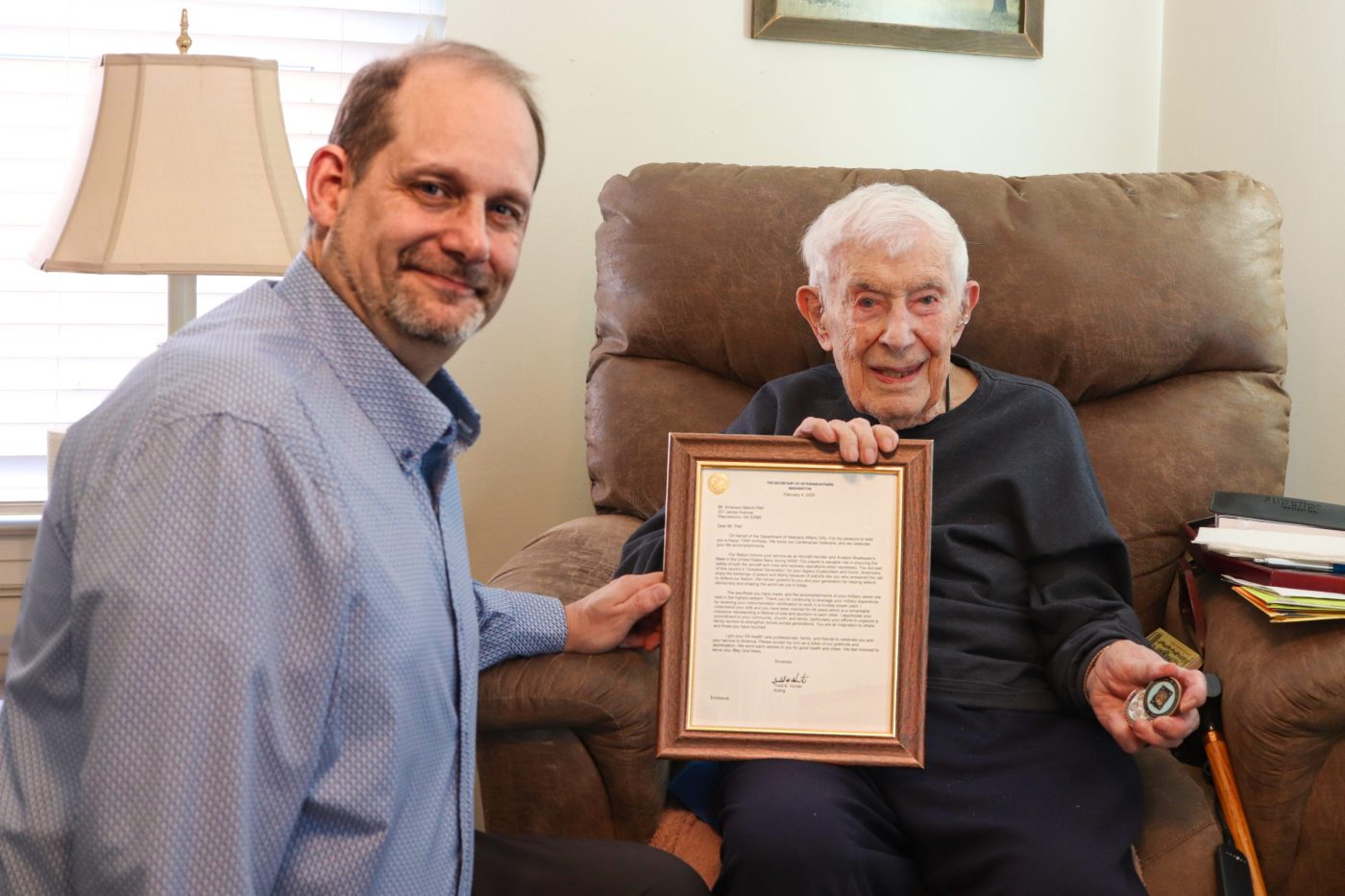
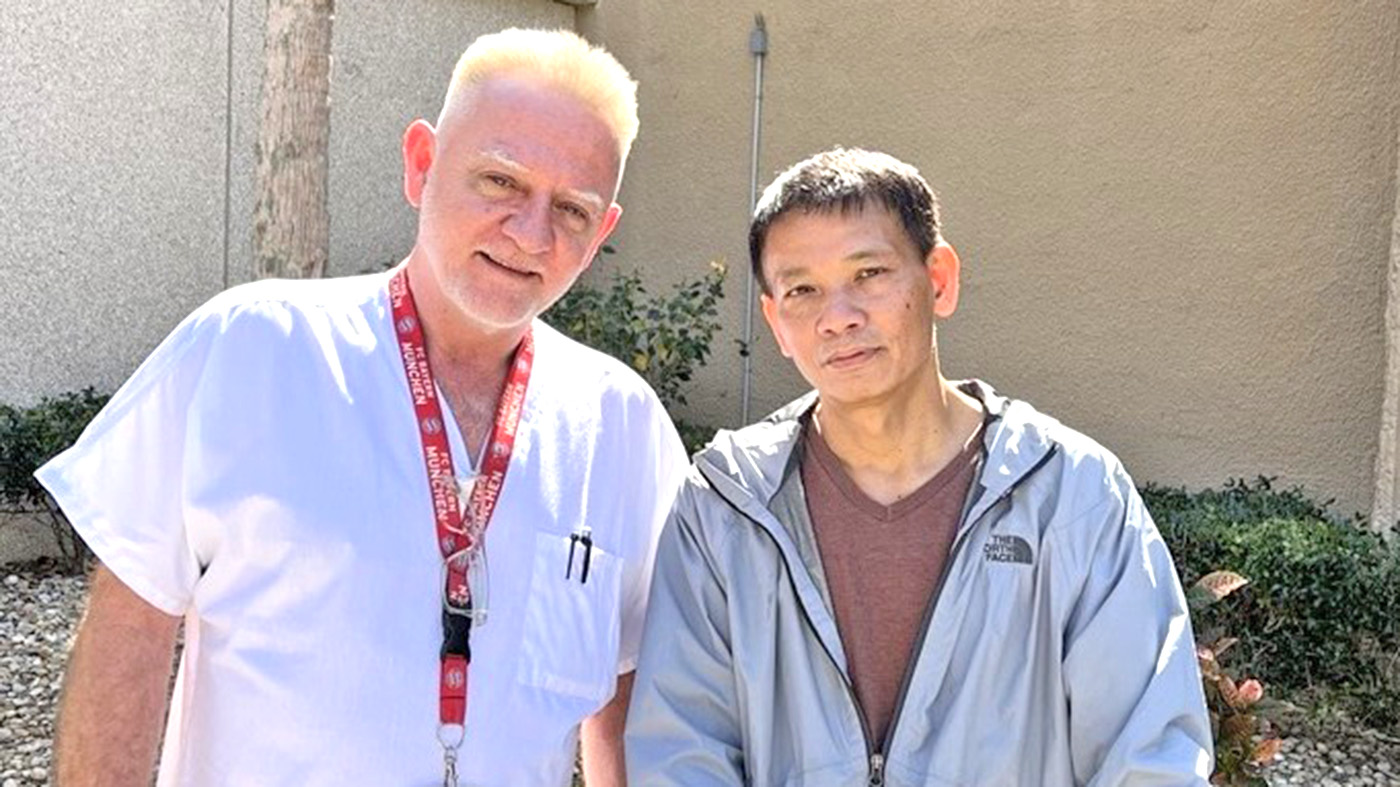
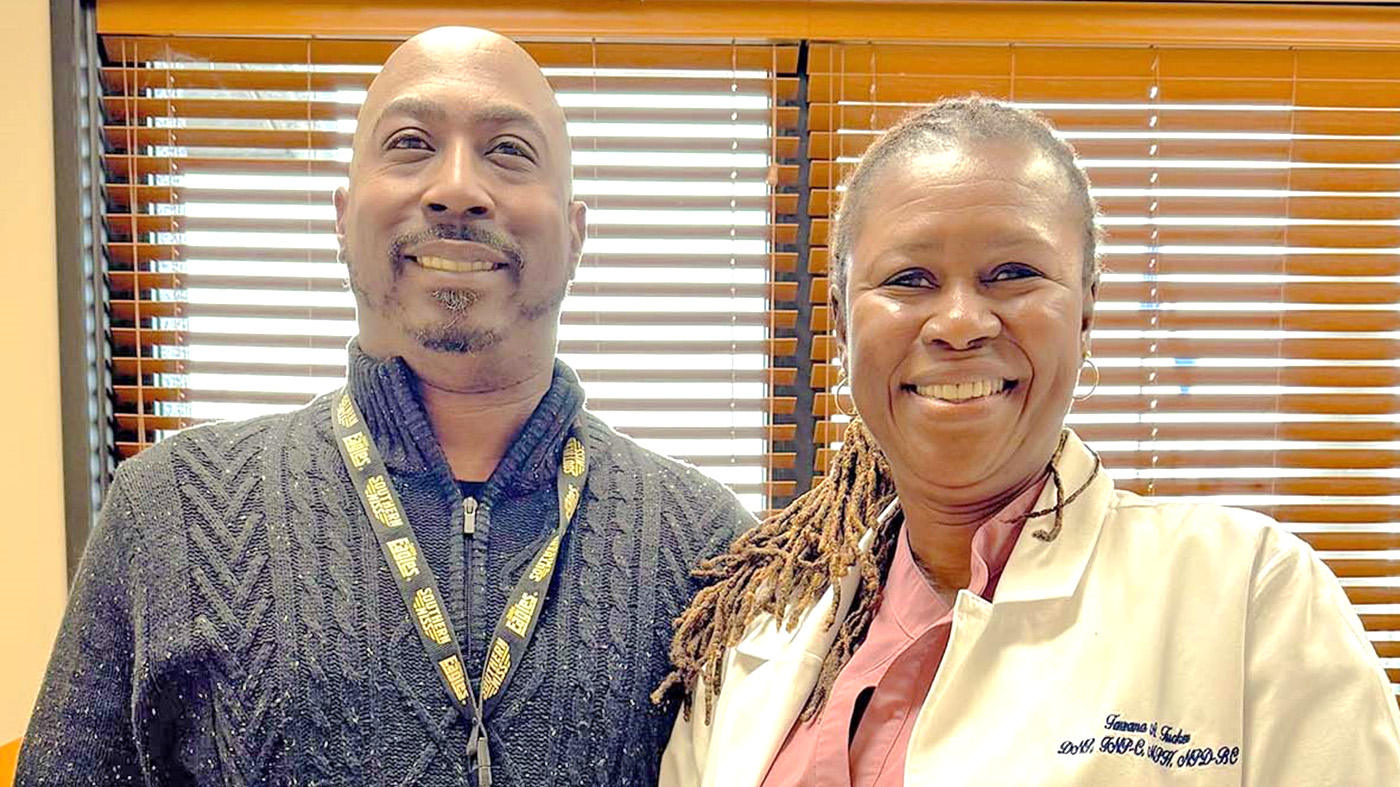

This is very inspiring! I plan to reach out to Eric and see about volunteering/working to help support and promote VFR! Go Navy!